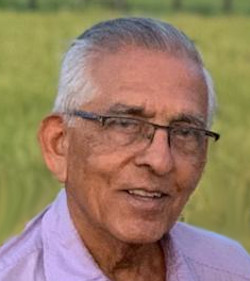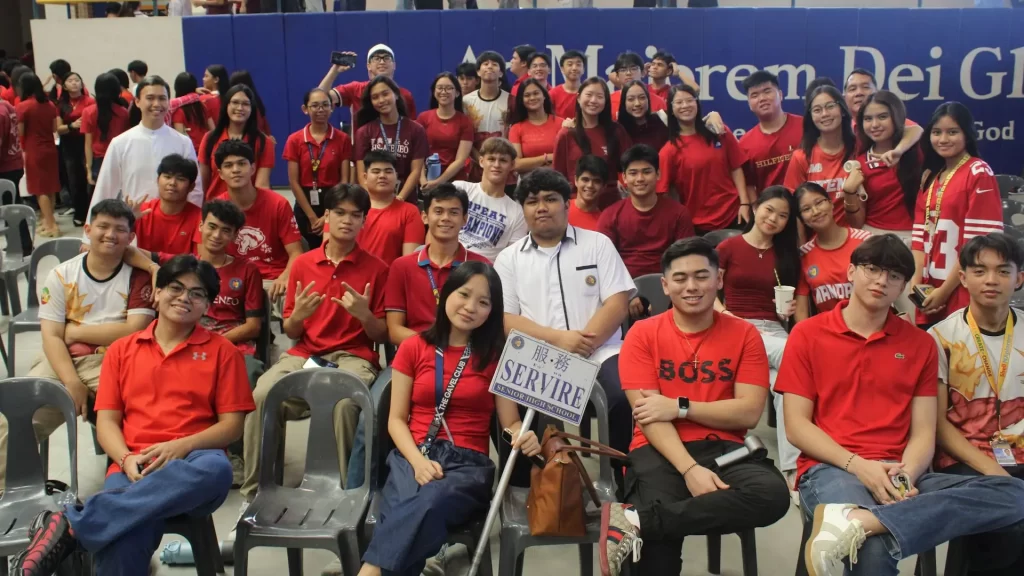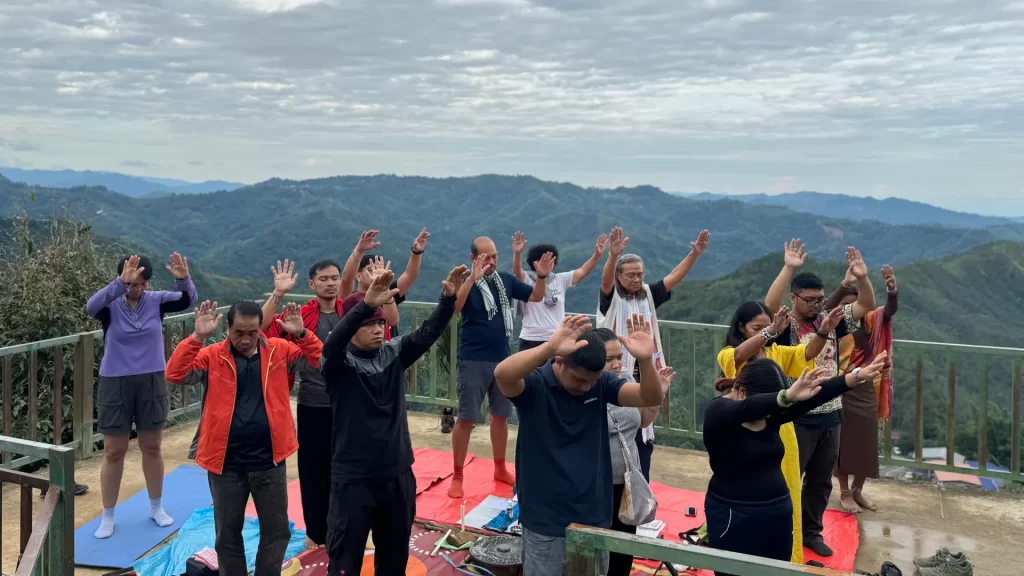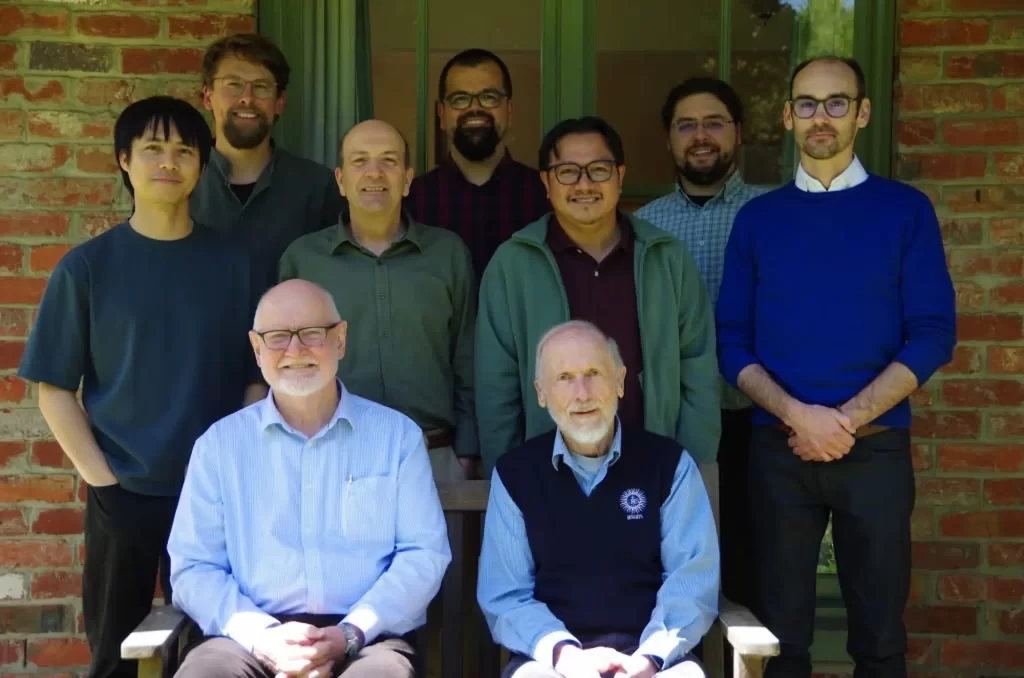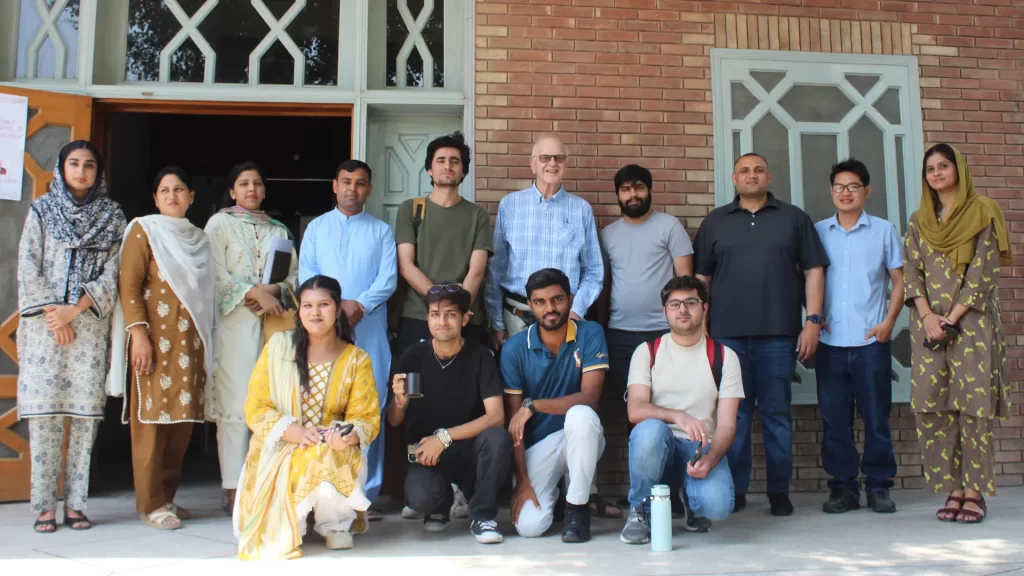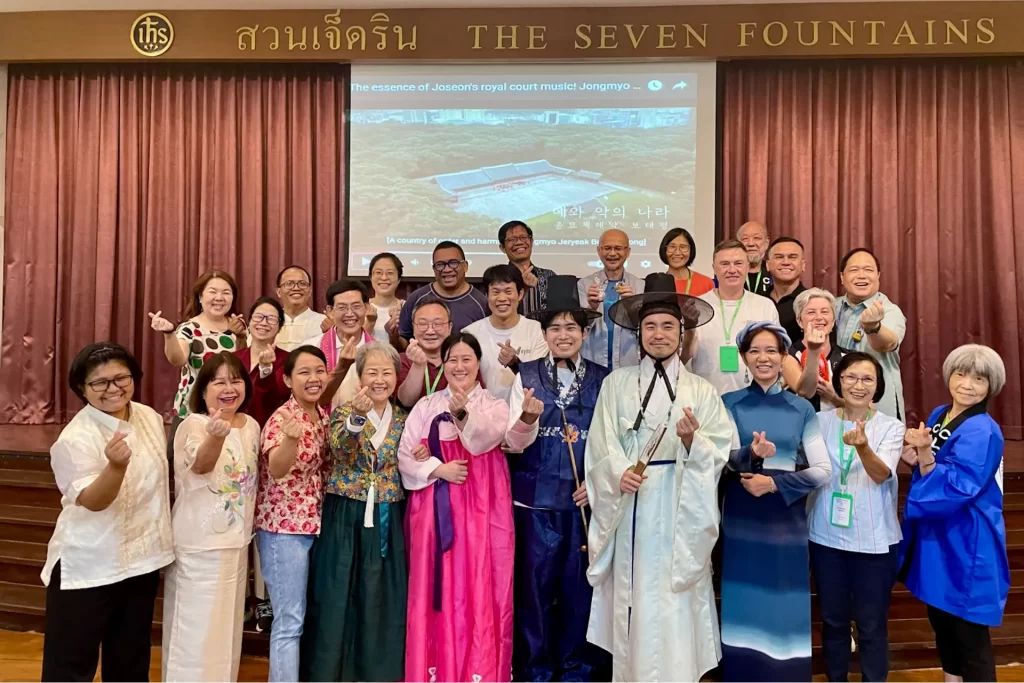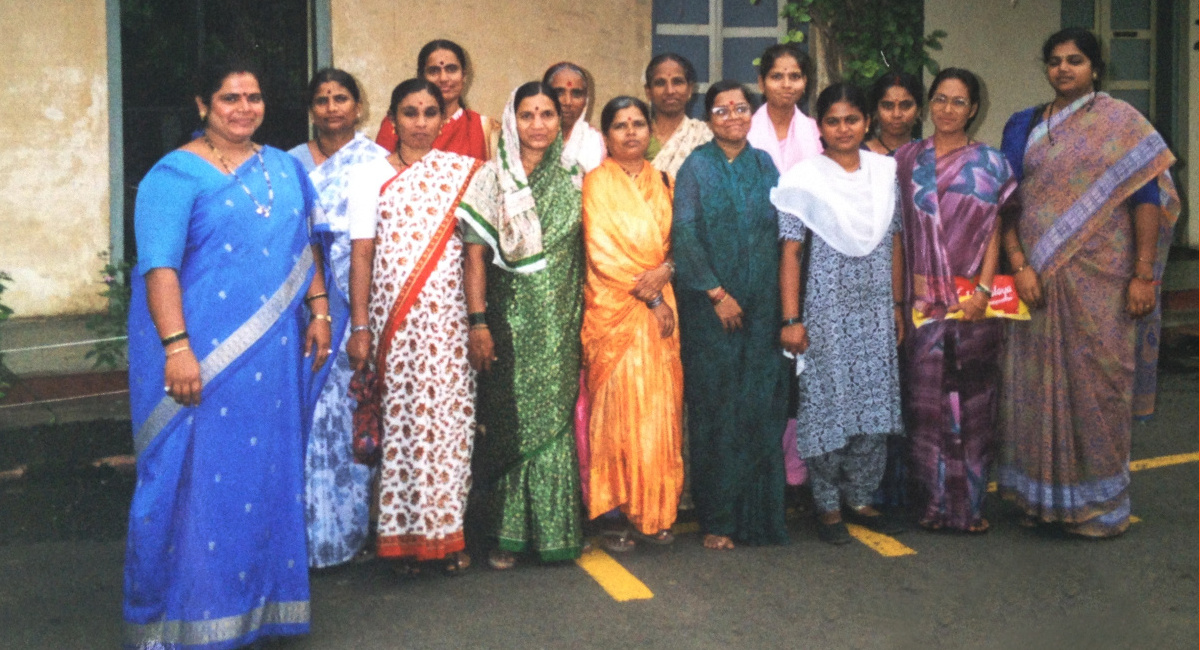
I must have been about 14 years old. I was sitting in a bus with my father. Suddenly I got a rap on my head. What is that for? I asked. Dad replied: “Don’t you see that woman standing in the bus? Get up and give her your seat.
I must admit that in my family of eleven, five girls and six boys, my parents saw to it that the girls got the special treatment – so special in the Indian context. That rap on my head has stayed in my mind and in my thinking.
When I was the Director of St Joseph’s Technical Institute in Pune, India, I got to thinking one day about our institute. It was offering technical education to boys only. We were offering them training in skills needed in factories which were mainly for men. So, I had a small meeting with my staff about the training of women for these same trades. We then advertised for a social worker and were happy to find a good woman.
Her first assignment was to go to one of the regions of our town where there were many small workshops catering to larger industries in the city. She was given a one-month assignment to go and meet owners of workshops in that region and ask them the following questions: Do you need workers? What skills should they have? The final question: Will you employ a woman if we gave her training in the skill that you need?
She found many workshops that needed workers but most of them had said no to “women workers” as they did not have the right facilities for them in their workshops. In two of the workshops, when she had asked the owners whether they would employ a woman, the owners said NO, but from the room inside their wives shouted YES! At the end of the month she had found 27 workplaces.
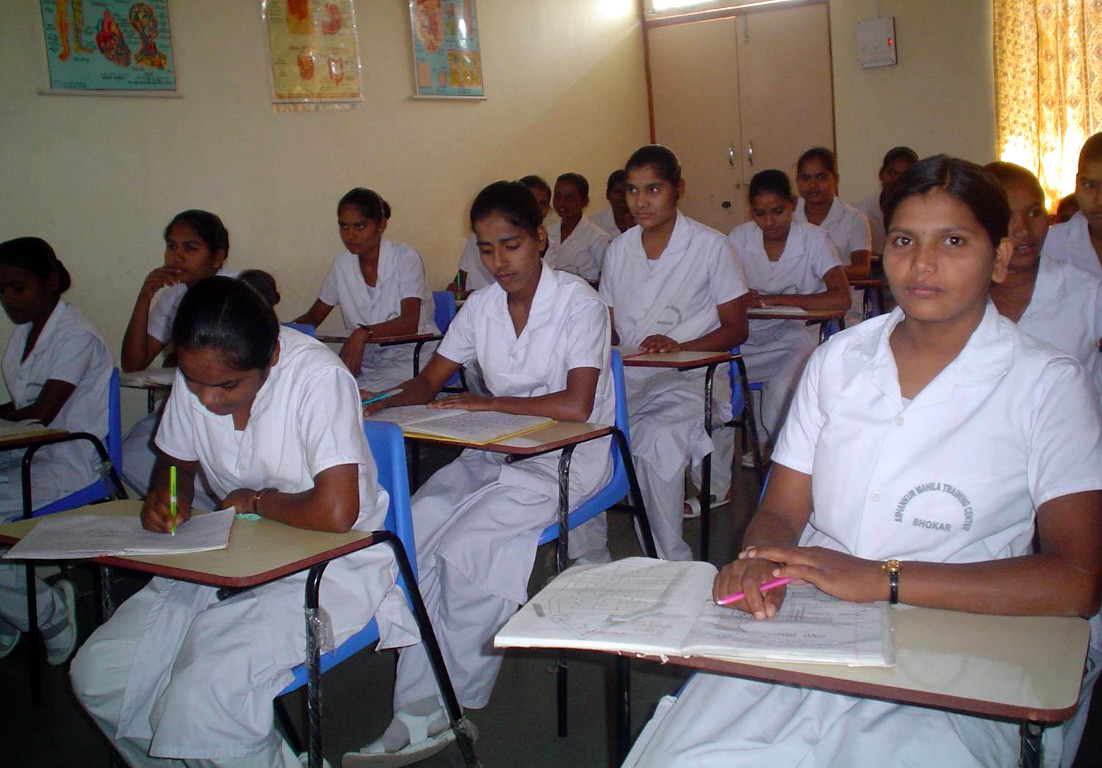
The social worker’s next one-month assignment was to go to that region again. She had to meet the Chief of that region and also the women of that region to find out from them if they needed employment. YES was their reply. They gave these reasons: my husband is unemployed; my husband gives me only half his salary to manage the house; my husband drinks too much, etc.
The social worker had to visit the homes of each of those women and see the situation for herself. She finally selected 27 women for those 27 workplaces. She had made a list of the skills each of the workshops wanted the women trained in. The social worker then explained to the selected women that they would get a training for four hours a day, four days a week over three months. The training was free but they had to pay the bus fare for coming to the Institute and the Institute would pay the return fare.
So we trained our first batch of 27 women and got them employed. In the meantime the social worker was assigned the same task to go to other regions to find more workshops willing to employ women and then select the women for training. Finally, before the programme was discontinued by my successor, we had trained about 300 women and had got more than 250 of them employed.
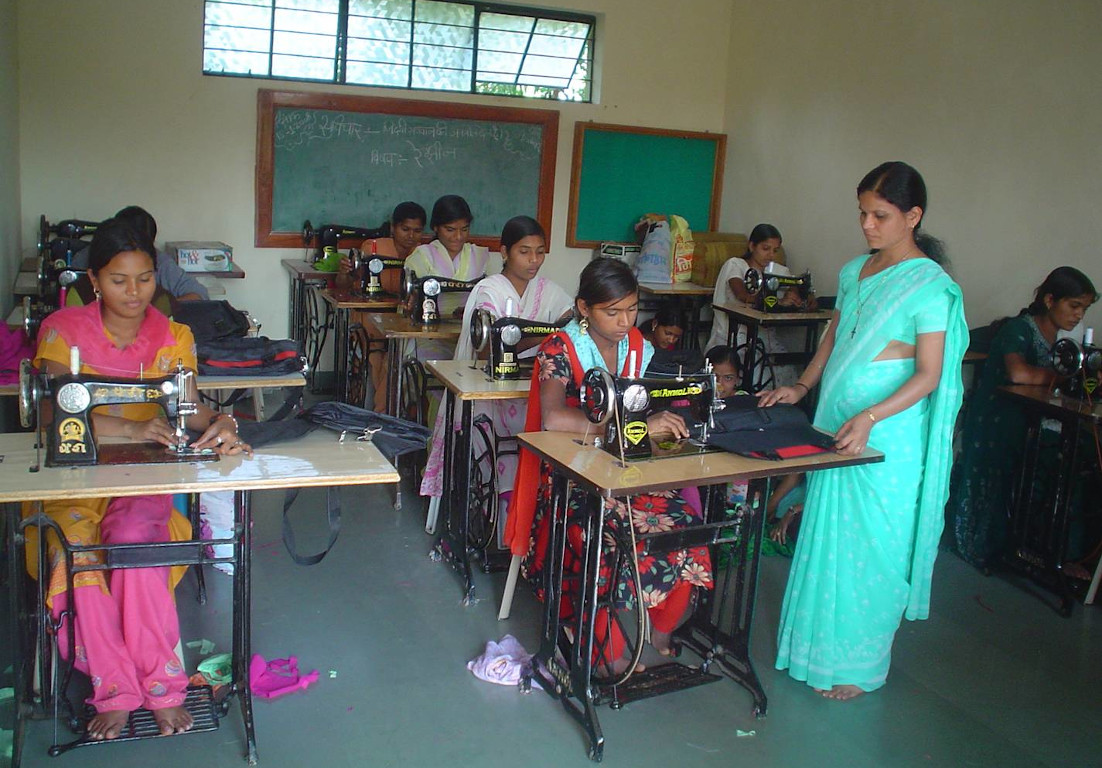
A year after we began this programme we asked the social worker to go and find out how the women were doing. A few of the responses from the owners were: “They are doing fine but they take a lot of leaves!” “Oh, I am so sorry” responded our social worker. “Why do you say sorry? We know why they have to take leaves. Their work at home has not reduced. They get up early to get breakfast ready, send their children to school, clean the house, etc! However, at the end of the month they have produced more than the men.”
I moved from St Joseph’s to our Social Centre in Ahmednagar. I was assigned the role of “Coordinator of Women’s Empowerment Activities”. In the little less than two years that I was at the Social Centre I managed to purchase a four acre farm in one of the villages. We built up the initial structure and handed it over to the Sisters of the Sacred Heart, who have a School in a neighbouring village to develop and manage this project for women called “Ashankur”, which means “Seed of Hope”.
In 2003 I went on a long term assignment to Cambodia but at the end of 2004 I was asked by Jesuit Refugee Service to set up base in Afghanistan. It was a challenge of course and Fr Santiago and I reached Kabul on 28 April 2005. After a few days in Kabul we moved to Herat to set up our base there.
We founded a school in 2005. It had just four rooms and so the boys had their classes in the Mosque next door. Our first step was securing the needed electrical instruments and technical books. The second step was receiving a donation from the government of an old building, which had 10 rooms, plus the land around it. It needed major repairs, but we could now also have a small laboratory for our electrical equipment and electronics. The third step was repairing the building. The basement was renovated into an electronics/electrical laboratory and a drawing hall. We built two more floors with three classrooms on each floor and a hall and library on the third floor.
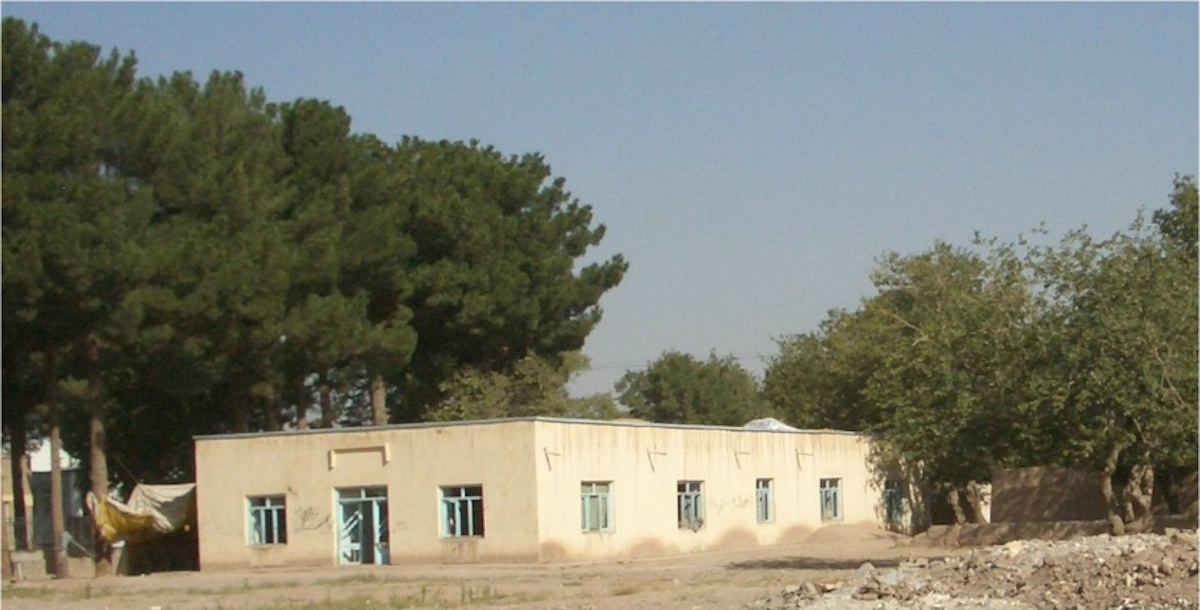
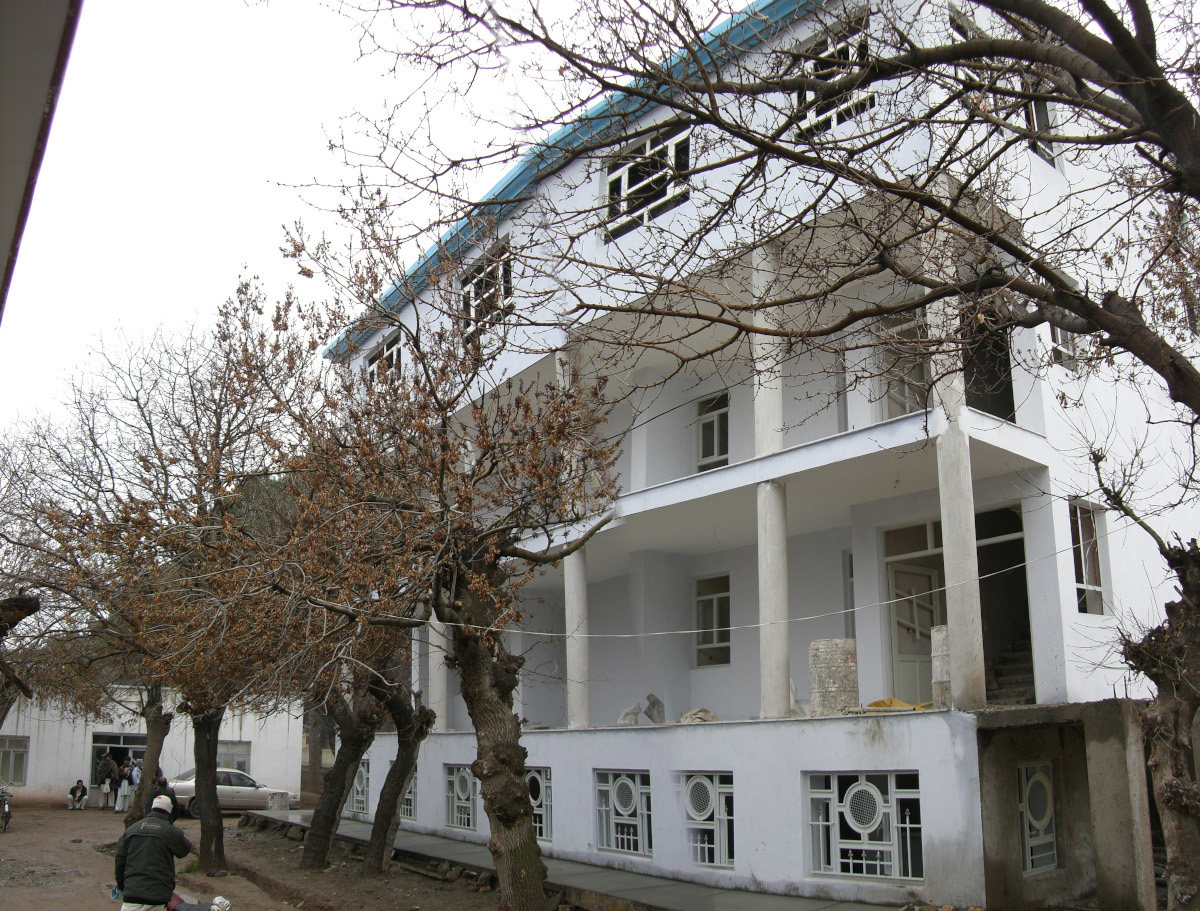
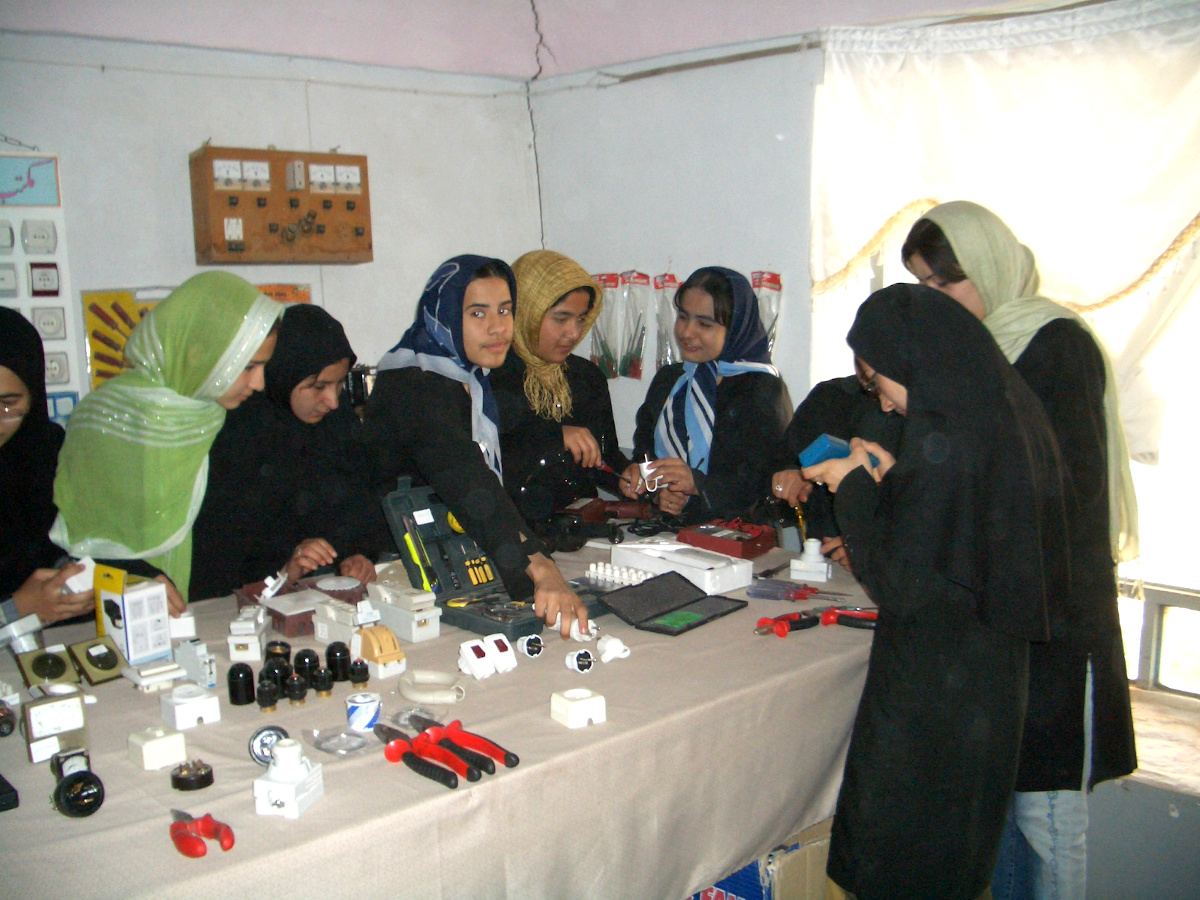
I feel it is very important for all of us to keep doing all we can. We have to think of ways to give back to the women in the communities we are working with the leadership roles they deserve.
Last month I came into contact with a girl in Afghanistan who was a student of the first batch in the government technical high school I had helped to build up. She is now a WASH Engineer for World Vision Afghanistan.

